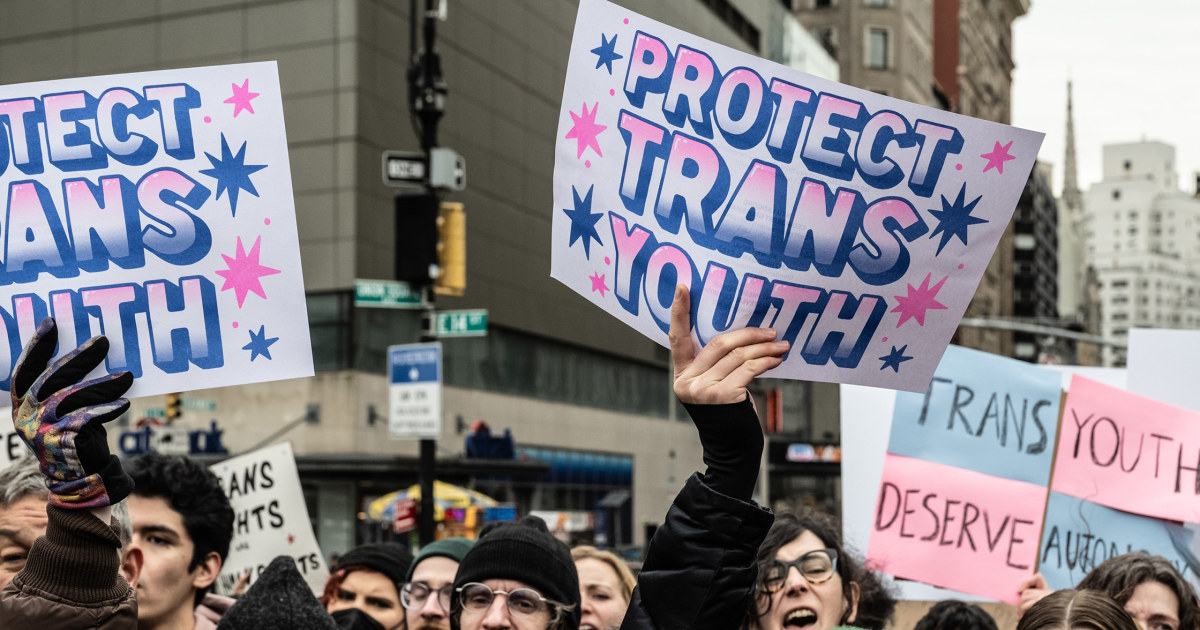U.S. Health Officials Challenge Pediatric Gender Care Guidelines: What’s at Stake?
In a significant policy shift, the U.S. Department of Health and Human Services (HHS) has diverged from established medical guidelines on pediatric gender-affirming care, sparking debate among healthcare providers, advocates, and policymakers. The move, announced last week, contradicts recommendations from major medical associations, raising concerns about access to care for transgender youth and the politicization of evidence-based medicine.
The Clash Between Federal Health Officials and Medical Consensus
The HHS’s new stance opposes guidelines from the American Academy of Pediatrics (AAP), the Endocrine Society, and the World Professional Association for Transgender Health (WPATH), which support gender-affirming care for minors under careful medical supervision. These organizations base their recommendations on decades of research showing such care reduces depression and suicide risk among transgender youth.
Dr. Sarah Chen, a pediatric endocrinologist at Boston Children’s Hospital, expressed concern: “This departure from medical consensus could have devastating consequences. We’re talking about life-saving care—studies show transgender youth receiving appropriate treatment experience 73% lower odds of suicidal ideation.”
Key points of contention include:
- Age limits for puberty blockers and hormone therapy
- Requirements for mental health assessments before treatment
- The role of parental consent in decision-making
Examining the Data Behind Gender-Affirming Care
Research published in JAMA Pediatrics (2022) followed 104 transgender youth over 12 months, finding those receiving gender-affirming care reported:
- 60% improvement in depression symptoms
- 73% decrease in anxiety levels
- Suicide attempt rates dropping from 51% to 12%
However, HHS officials cite alternative studies suggesting potential risks, including a 2023 Swedish review noting increased cardiovascular concerns for certain treatments. “We must balance immediate relief with long-term outcomes,” stated HHS Assistant Secretary Dr. Robert Kline during a press briefing.
The Political and Legal Landscape of Transgender Healthcare
This policy shift comes as 22 states have enacted restrictions or bans on gender-affirming care for minors. Legal experts warn the HHS position could embolden further legislation while complicating insurance coverage decisions nationwide.
Lambda Legal attorney Maya Rodriguez explained: “When federal agencies contradict medical consensus, it creates confusion that directly impacts vulnerable populations. We’re already seeing insurers denying claims based on this new uncertainty.”
Meanwhile, conservative groups applaud the move. Family Policy Alliance director James Wilson called it “a return to caution when dealing with developing adolescent minds.”
The Human Impact: Stories Behind the Statistics
In Denver, 16-year-old Alex (name changed) had just begun hormone therapy when the announcement came. “I finally felt hopeful,” they shared. “Now my mom’s worried they’ll take my treatment away. It’s like my future got put on hold.”
Pediatric clinics report a surge in calls from anxious families. The Trevor Project’s crisis line saw a 45% increase in contacts from transgender youth following the news.
What Comes Next for Gender Care Policy?
The immediate effects include:
- Revised Medicaid coverage guidelines expected within 60 days
- Potential legal challenges from civil rights organizations
- Increased variability in care standards between states
Medical associations are preparing updated position statements, while advocacy groups mobilize to protect access. The AAP has announced an expedited review of its guidelines, due by early 2025.
Navigating the Path Forward
As this debate continues, healthcare providers emphasize that politicization shouldn’t override patient needs. “These decisions belong in doctors’ offices, not legislative halls,” stressed Dr. Chen. “Every day of delay has real consequences for real kids.”
For families seeking guidance, experts recommend consulting with accredited gender clinics and staying informed through organizations like the Human Rights Campaign. The coming months will prove critical in determining whether evidence-based care can withstand policy challenges.
See more WebMD Network



